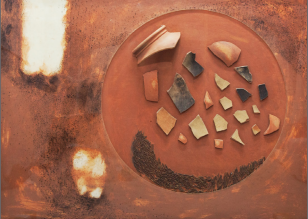
In 2002, armed Hindu mobs attacked Muslims in broad daylight in the west Indian state of Gujarat. The pogrom, which was widely seen over television, left over one thousand dead. In Composing Violence, Moyukh Chatterjee examines how highly visible political violence against minorities acts as a catalyst for radical changes in law, public culture, and power. He shows that, far from being quashed through its exposure by activists, media and politicians, state-sanctioned anti-Muslim violence set the stage for transforming India into a Hindu supremacist state. The state and civil society’s responses to the violence, Chatterjee contends, reveal the constitutive features of modern democracy in which riots and pogroms are techniques to produce a form of society based on a killable minority and a triumphant majority. Focusing on courtroom procedures, police archives, legal activism, and mainstream media coverage, Chatterjee theorizes violence as a form of governance that creates minority populations. By tracing the composition of anti-Muslim violence and the legal structures that transform that violence into the making of minorities and majorities, Chatterjee demonstrates that violence is intrinsic to liberal democracy.
“In this powerful book, Moyukh Chatterjee gives us a brief, elegant, and novel way of thinking about violence.” – Nancy Rose Hunt, author of Nervous State: Violence, Remedies, and Reverie in Colonial Congo.
Available here! Use coupon code E23CHTTR to save 30% when you order from www.dukeupress.edu.